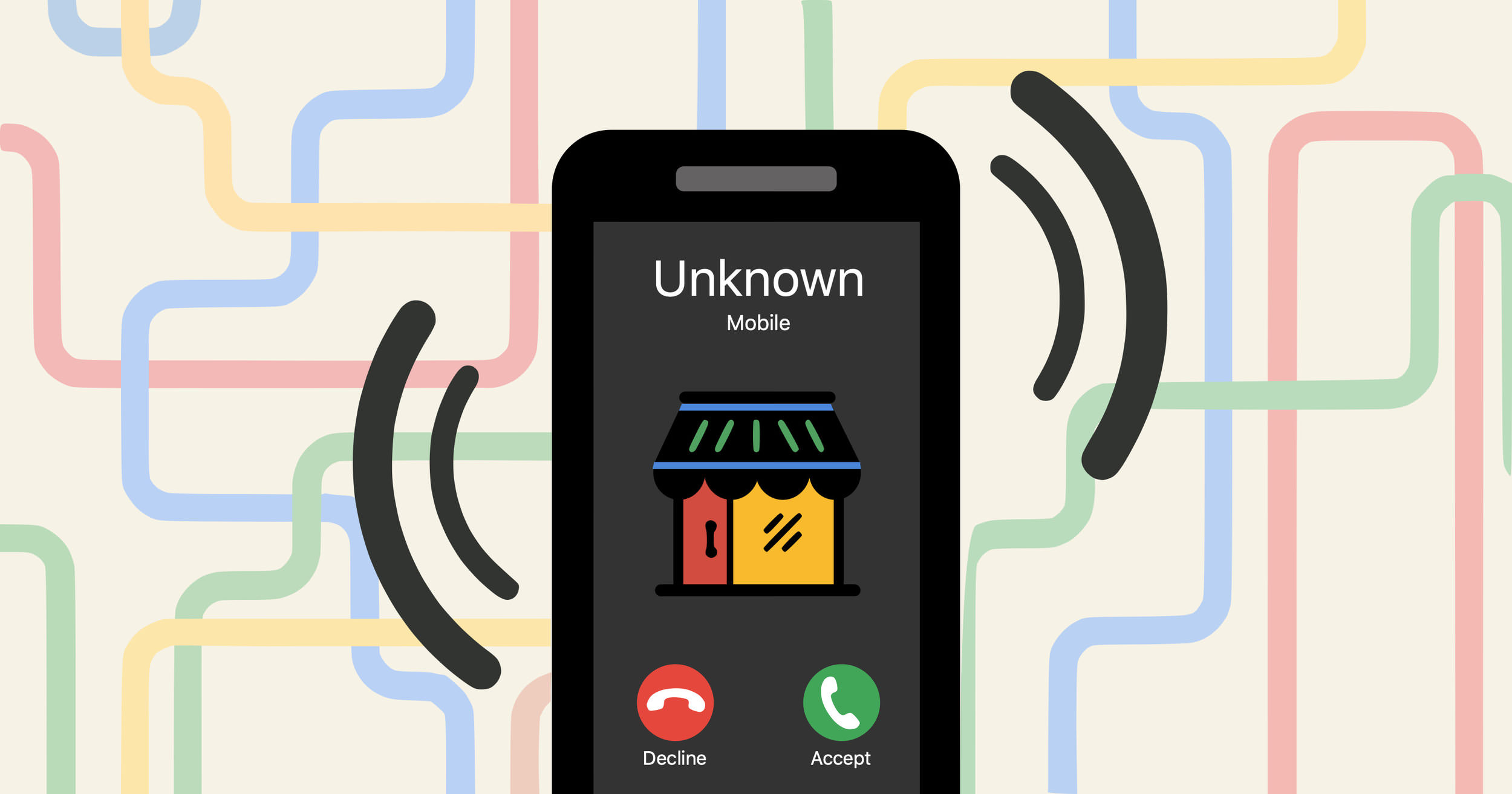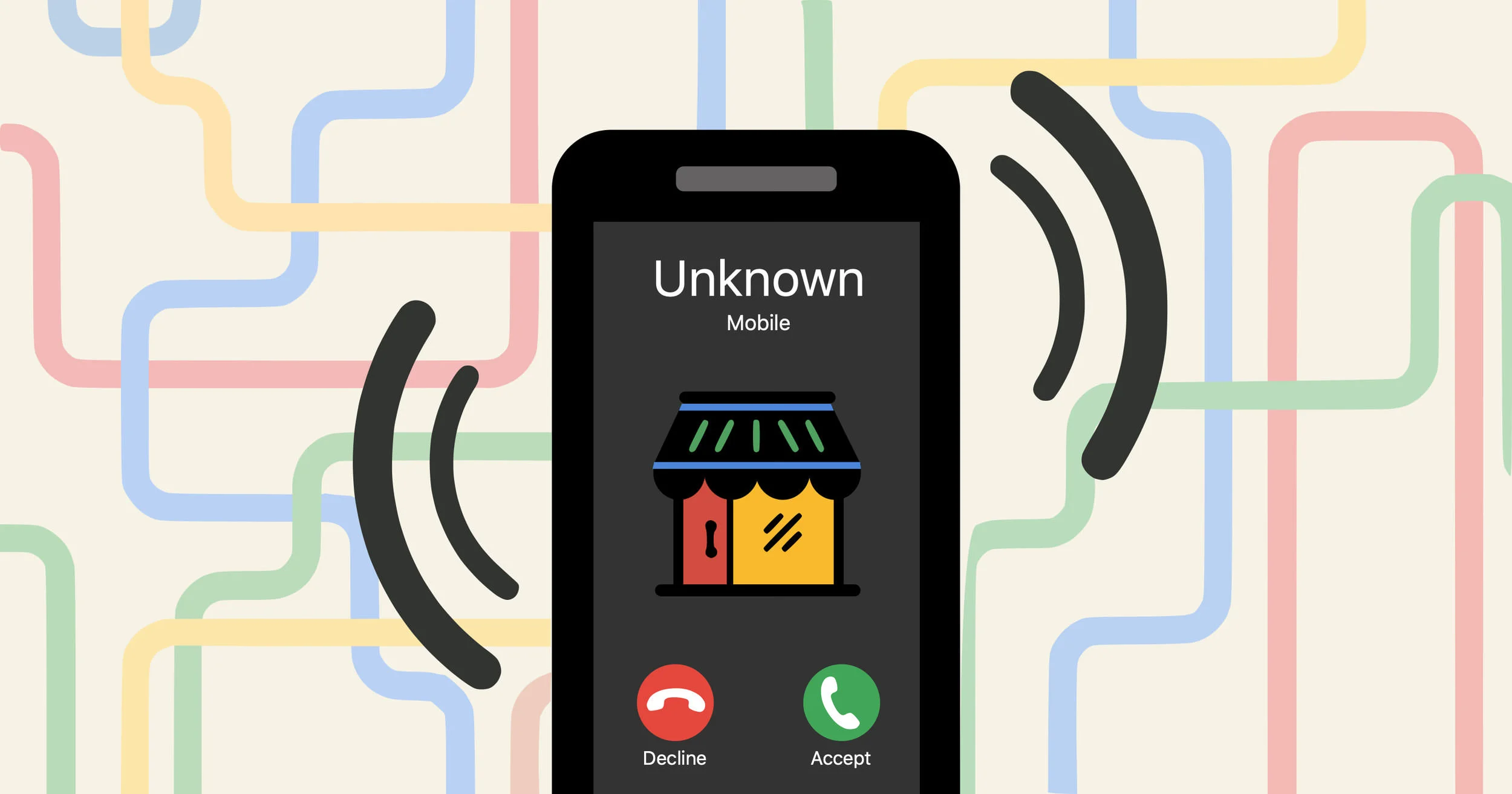Recognizing and Avoiding Phone Scams
Recognizing and Avoiding Phone Scams
We may have entered the digital age, but the telephone remains scammers’ weapon of choice. Once they get you on the line, phone scammers use false promises, aggressive sales pitches and phony threats to pry loose information they can use to steal your money or identity (or both).
Scammers can pressure office workers into “ordering” substandard, overpriced office supplies. This type of phone scam has been tried, at least, since the late 1970s. Learn how to recognize these scams and how to protect yourself from them.
What Happens
Typically a masked call (the caller ID is blocked) claiming to be with your facility’s IT will try to reach any department. The scammer “IT” person will then explain that a support ticket was opened for a printer in your department and that they need the printer's make and model number.
The scammer “IT” person wants to obtain the printer's make and model number so that they can ship cheap ink and copy paper along with an invoice for a large amount to your facility. The hope is that the invoice will be paid due to apathy or paperwork shuffle. Other scams will try to use common office products, such as:
Light bulbs
Urinal deodorants
Cleaning solutions
Ink ribbons
Rubber gloves
How to Avoid
Always challenge someone's credentials. If a caller is giving generic information, ask them to be very specific. Ask who they work for, what are they specifically looking for, etc. If they refuse or become cagey, you should become suspicious and terminate the call.
Do not give up specific, potentially sensitive, information. E.g., if a caller you do not recognize says they cannot remember the manager's name of so-and-so, do not volunteer the manager's name. This can be a tactic used to gather information that the caller does not know.
Reach out if you are unsure. If a call seems suspicious or you're not certain of its validity, transfer the call to your department manager or IT.
Do not pay for supplies that you did not order. According to the FTC, merchandise that was not ordered is allowed to be treated as a gift. You are under no obligation to return the merchandise. If the scammer is caught, they can face civil penalties up to $41,484 per violation.
Other Types of Extortion Scams
Sometime around May 2019, pharmacies, clinics, hospitals, and related facilities began receiving telephone calls and emails from criminals identifying themselves as DEA employees or other law enforcement personnel. In an attempt to create the illusion that these criminals are DEA employees, they masked their telephone number with a phone number for a legitimate DEA office. For example, these criminals have used the phone numbers for DEA’s Office of Congressional and Public Affairs and DEA’s 800 number which is used to provide direct support to DEA registrants.
Impersonating a federal agent is a violation of federal law. Pharmacies, clinics, hospitals, and related facilities should be aware that no DEA agent will ever contact members of the public by telephone to demand money or any other form of payment or threaten to suspend their DEA registration.
If you are contacted by a person purporting to work for DEA and seeking money or threatening to suspend your DEA registration, submit the information through “Extortion Scam Online Reporting” posted on the DEA Diversion Control Division’s website.







